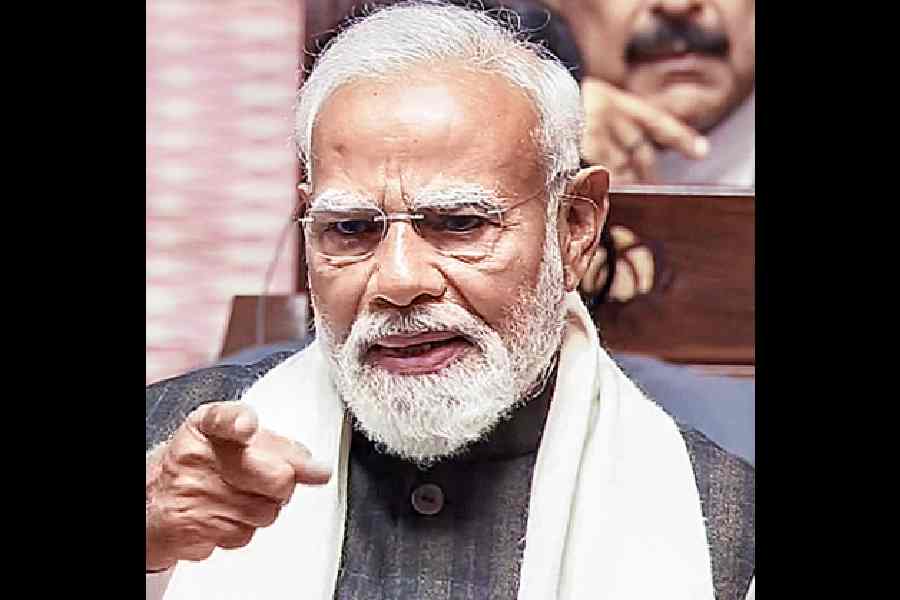The 11th round of military talks between India and China remained inconclusive amid growing frustration in the security establishment at Beijing’s go-slow on disengagement from the remaining friction points in Ladakh.
After more than 13 hours of talks ended at midnight on Friday, India’s defence ministry said on Saturday evening that the two countries had agreed to “maintain stability on the ground” and “resolve the outstanding issues”.
True to form, the statement desisted from naming the Depsang Plains or the other remaining friction points, Gogra and Hot Springs.
It was silent also on any demand for restoration of the status quo to what it was in April 2020 before the Chinese intrusion — a continuing omission in recent statements that military veterans see as a sign of Indian capitulation.
A defence ministry official said India had pressed for disengagement from the remaining friction points but the Chinese again set preconditions and refused to disengage if their demands were not met.
A security official attached to the Intelligence Bureau said the Chinese again insisted that the occupied zones on the Depsang Plains, Hot Springs and Gogra belonged to them and asked Indian troops to move further back within India-claimed territory.
“They want buffer zones at the remaining friction points similar to the demilitarised zone within India-claimed territory on the Pangong Lake’s north and south banks,” the official said.
India and China have moved back from their positions on the Pangong Lake’s north and south banks in eastern Ladakh under the disengagement process that began on February 10.
Military veterans have expressed concern at India’s “concession” in agreeing to a 10-kilometre-wide demilitarised zone within India-claimed territory as part of that disengagement deal.
They have also asked why India is not insisting on China restoring status quo ante by giving up the entire territory it has occupied since May last year.
Congress leader Rahul Gandhi has accused Prime Minister Narendra Modi of ceding Indian land to the Chinese.
“The two sides agreed on the need to resolve the outstanding issues in an expeditious manner in accordance with the existing agreements and protocols,” the Indian statement said.
“In this context it was highlighted also that completion of disengagement in other areas would pave the way for two sides to consider de-escalation of forces and ensure full restoration of peace and tranquillity and enable progress in bilateral relations.”
It added: “The two sides agreed that it was important to take guidance from the consensus of their leaders, continue their communication and dialogue and work towards a mutually acceptable resolution of the remaining issues at the earliest.
“They also agreed to jointly maintain stability on the ground, avoid any new incidents and jointly maintain peace in the border areas.”
The Chinese are entrenched 18km inside India-claimed lines on the strategically crucial Depsang Plains. They have continued to cut off the Indian army’s access to five traditional patrolling points on the Depsang Plains — PPs 10, 11, 11A, 12 and 13 — since the border standoff began in May 2020.
Last July, the Chinese had agreed to disengage from Hot Springs and Gogra but have since gone back on their word.











